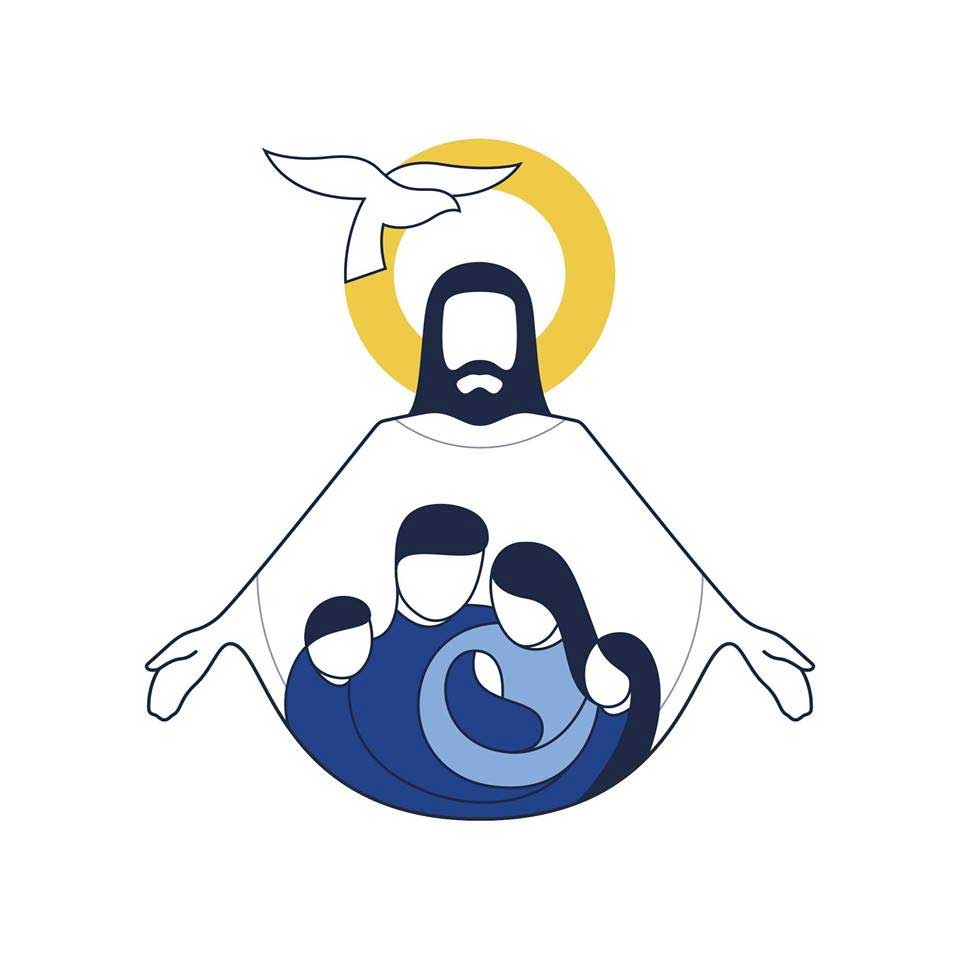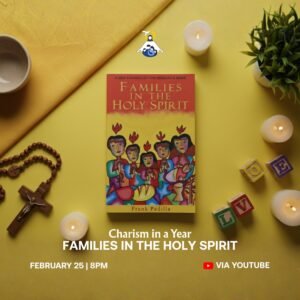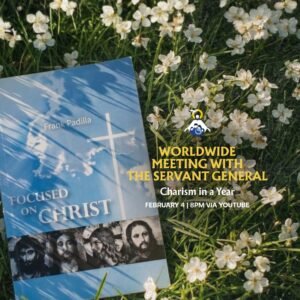FROM THE SERVANT GENERAL
THOUGHT FOR THE DAY
(Part 87)
CONTRASTS IN CHRIST
November 12, 2020
Today’s readings:
Philemon 7-20
Psalm 146:7-10
Luke 17:20-25
As we live the Christian life, we encounter a lot of contrasts, and we need to see how God is acting in the world, and we need to discern how to respond accordingly.
First, we see what is wrong in the world and how God acts to rectify what is wrong. We see how the world is versus how it ought to be, according to God’s intent.
- Oppressed vs justice. God “secures justice for the oppressed” (Ps 146:7a). Many are deprived of what is rightfully theirs, as children of God. The poor are oppressed and treated harshly. So we work for justice, which is giving to everyone what is their due.
- Hungry vs bread. God “gives bread to the hungry.” (Ps 146:7b). In a world of plenty, many are hungry. There is no reason for hunger, except for the selfishness of man. And so we must share with those in need.
- Prisoners vs free. “The Lord sets prisoners free” (Ps 146:7c). Many are imprisoned, not necessarily physically, but emotionally and spiritually. We can help set them free, as they meet Christ and live Christ.
- Blind vs sight. “The Lord gives sight to the blind.” (Ps 146:8a). Many are blind, again not physically, but blind to the realities of a world in darkness and the need for turning to Jesus in faith. We can help them see through our work of evangelization.* Bowed down vs raised up. “The Lord raises up those who are bowed down” (Ps 146:8b). Many are troubled and abandoned, like sheep without a shepherd. Many are defeated in their day-to-day lives, living meaningless lives in depression. But they can raise their heads up, and live in dignity as children of God, looking even to greatness in Christ, and eventually raised up to the heavens.
Second, we see interrelationships, often contrasting, though never contradictory, in the Christian life. This was the case with Paul and Philemon with regard to Onesimus.
- To order vs to urge. “Therefore, although I have the full right in Christ to order you to do what is proper, I rather urge you out of love” (Phl 8-9a). Servant leaders stand not so much on their right and authority, but on their being servants who serve. We realize that brethren will live a new life in Christ not by being forced to do what is right, but by having the conviction to do what is right, out of love for Christ.
- Child vs father. “I urge you on behalf of my child Onesimus, whose father I have become” (Phl 10). We are brethren in Christ, always on the lookout for the good of the other, as a father does for a son. And we submit to those in authority, as a son to his father.
- Useless vs useful. Onesimus “was once useless to you but is now useful to both you and me.” (Phl 11). Everyone has some use in the Kingdom. Failures are means by which one learns and becomes better. What is important is to discover one’s God-given gifts and to find one’s niche in the life and mission of the community.
- Sending back vs retaining. “I am sending him …. back to you. I should have liked to retain him for myself” (Phl 12-13a). We can give up the things or persons who are most useful to us, if this is for the good. We know that one useful to us can also be useful to another. We look to the overall good, and never selfishly hold on.
- Forced vs voluntary. “…. so that the good you do might not be forced but voluntary.” (Phl 14b). We love God and do things out of love for God. Our faith is not imposed, but freely embraced by us. It is not a burden, but a joy. We do good simply because it is right and just.
- A while vs forever. “Perhaps this is why he was away from you for a while, that you might have him back forever.” (v.15). Our person-to-person relationships may change or be disrupted, but our friendships are forever. We may do separate work for the Kingdom, but we all serve the one God. We hope to see each other in heaven.
- Slave vs brother. “…. no longer as a slave but more than a slave, a brother” (Phl 16a). Leaders are servants. The greatest is the least and the slave of all. We are brethren to one another, but are all slaves of our Master Jesus.* To owe vs to be owed. “And if he …. owes you anything, charge it to me. I will pay. May I not tell you that you owe me your very self.” (Phl 18-19). We work for the Kingdom, and it is our privilege. We belong to Christ. We are nothing without God. We serve untiringly, knowing that our retirement benefits are out of this world.
Third, at the end of it all, Jesus himself speaks of the Kingdom.
- Still to come vs already among us. “Asked by the Pharisees when the kingdom of God would come, he said in reply, …. behold, the kingdom of God is among you.” (Lk 17:20a,21b). We live in the world, even as we look to life hereafter. We prepare for the second coming of Jesus, but spend the time serving him. We will spend eternity with Jesus, even as we are already intimately spending our life on earth with him.
- Longing to see vs rejecting the Son of Man. “The days will come when you will long to see one of the days of the Son of Man, …. But first he must suffer greatly and be rejected by this generation.” (Lk 17:22,25). Darkness comes before light. Sorrows come before joy. Vindication comes after suffering. As Jesus was rejected, we too experience rejection, opposition and persecution from the world. But the end will be glorious.
We live in this world, where Jesus is often rejected, but we look to the world beyond, where Jesus is King. “The Lord shall reign forever, your God, Zion, through all generations! Hallelujah!” (Ps 146:10).








